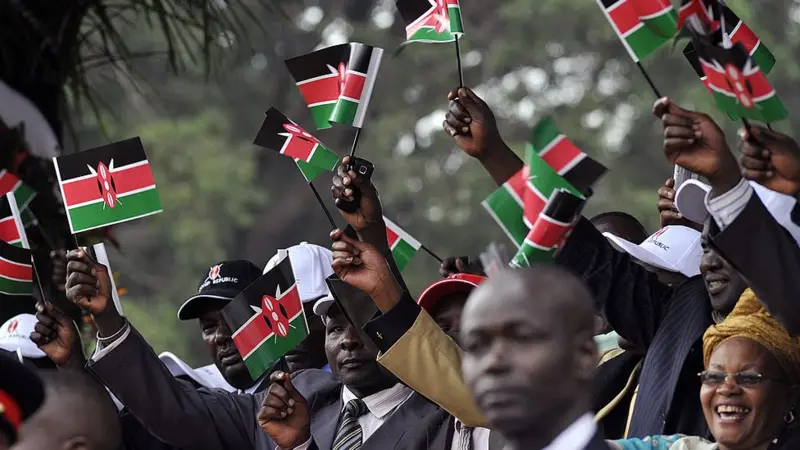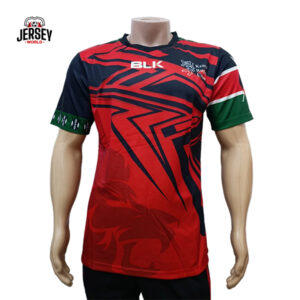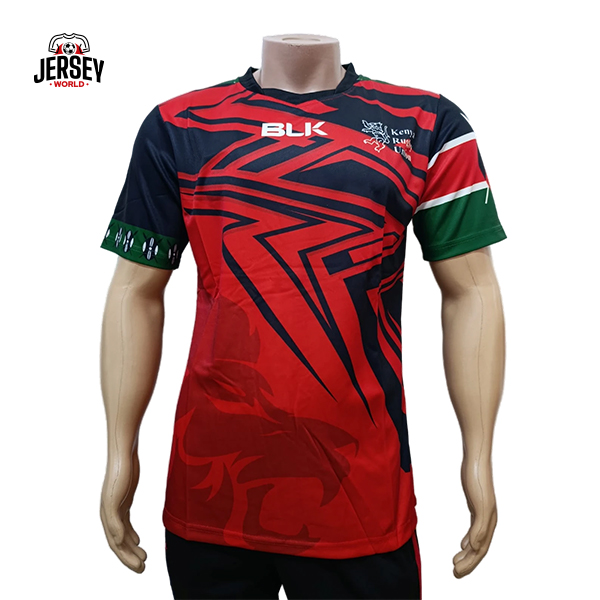Jaramogi Oginga Odinga, Kenya’s first vice-president who later became a doyen of opposition politics, had died.Despite only being in primary school, we were all well versed about our country’s ethnic-based politics, so my classmate understood what a huge political loss the death was to the Luo community.Ethnic taunting was not uncommon in school playgrounds and even in classrooms, where some teachers used stereotypes to praise or criticise pupils’ behaviour.This was, and still is, mostly seen as harmless humour, but sometimes it turns negative.Another striking moment came eight years later when a confident four-year-old girl walked up to me on my first day volunteering at a charity supporting poor families in Nairobi, and asked a pointed question in Swahili: “Wewe ni kabila gani?” – in English: “What’s your tribe?She wasn’t pleased with my mealy-mouthed reply, especially because I later learnt that my ethnicity had been part of an intense debate with her peers – their interest likely inspired by the heady political conversations of the time.The childhood curiosity was cute, but I felt uncomfortable. Social mores had taught me to abhor such questions, especially when put so bluntly. I also worried what my answer would mean to her.Kenya’s politics has been dominated by competition among its more than 40 ethnic groups, but it’s especially intense among the larger ones.Protesters chant slogans while marching during a protest to demand peaceful elections and justice for victims of post-election violence in Nairobi, Kenya on June 23, 2022Image source,Getty ImagesImage caption,Kenya gained its independence from the UK in 1963Politicians often exploit historic grudges and cultural differences to incite violence so they can win elections.This cynical strategy is as old as time and its tragic consequences continue to be experienced the world over.In Kenya, ethnic identity has been used to grant privileges – sometimes it’s the only qualification considered for a job, a vote in the election, or even in accessing mundane favours from someone in a position of authority.It has been weaponised to humiliate and frustrate others – a situation that breeds a siege mentality in those bearing the brunt, and a sense of entitlement among those benefiting from it.Politics therefore becomes a zero-sum game, at the expense of addressing pressing issues that could better people’s lives.Kenya saw horrific ethnic-based violence after the disputed 2007 election, when an estimated 1,200 people were killed, hundreds more were injured and about 600,000 were forced to flee their homes.

You May Also Like
Posted in
Gossip
Kenya Has Potential to become the biggest Economy in Africa
Posted by
KenDaily
Posted in
Gossip
KDF announces recruitment drive in the country
Posted by
KenDaily
Posted in
Gossip
Hello world!
Posted by
KenDaily
More From Author
Posted in
Opinion
Arthur Osiya Exposed as cause of Disunity in the Teso Community
Posted by
KenDaily








